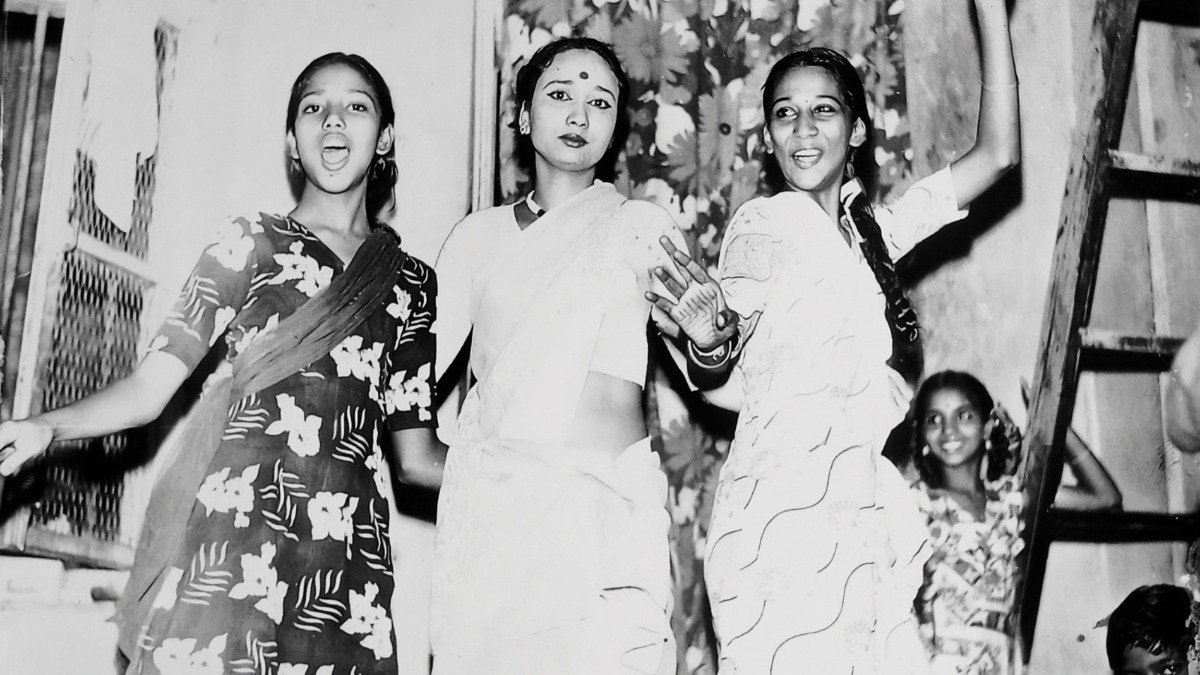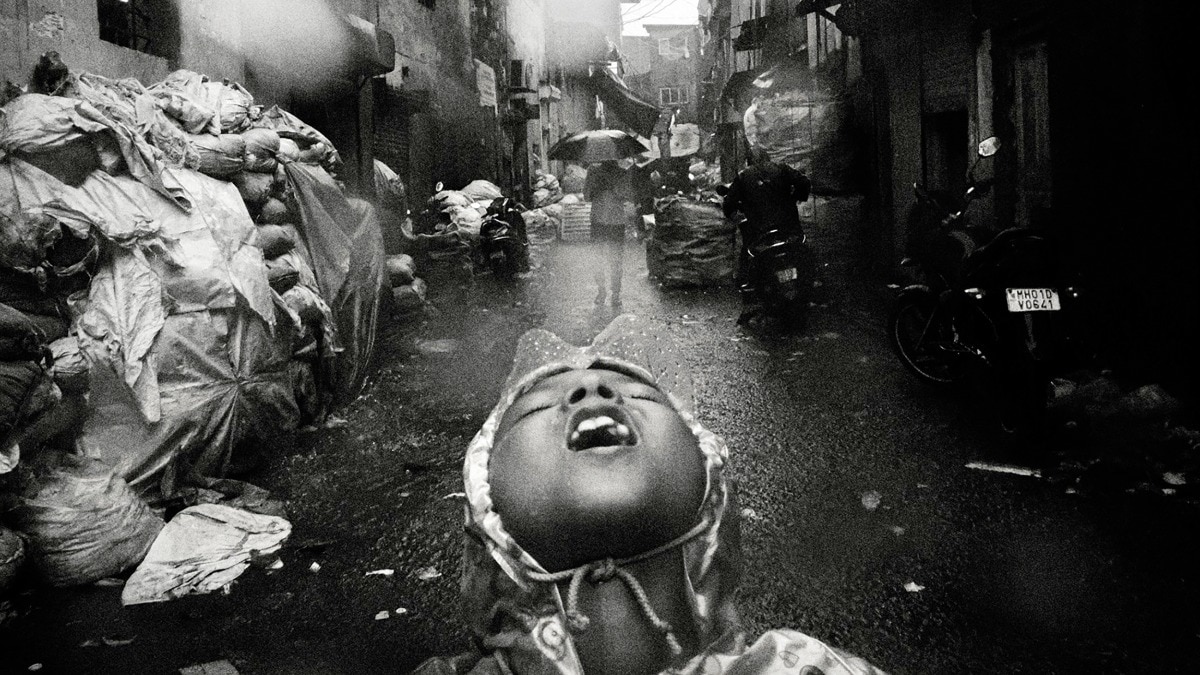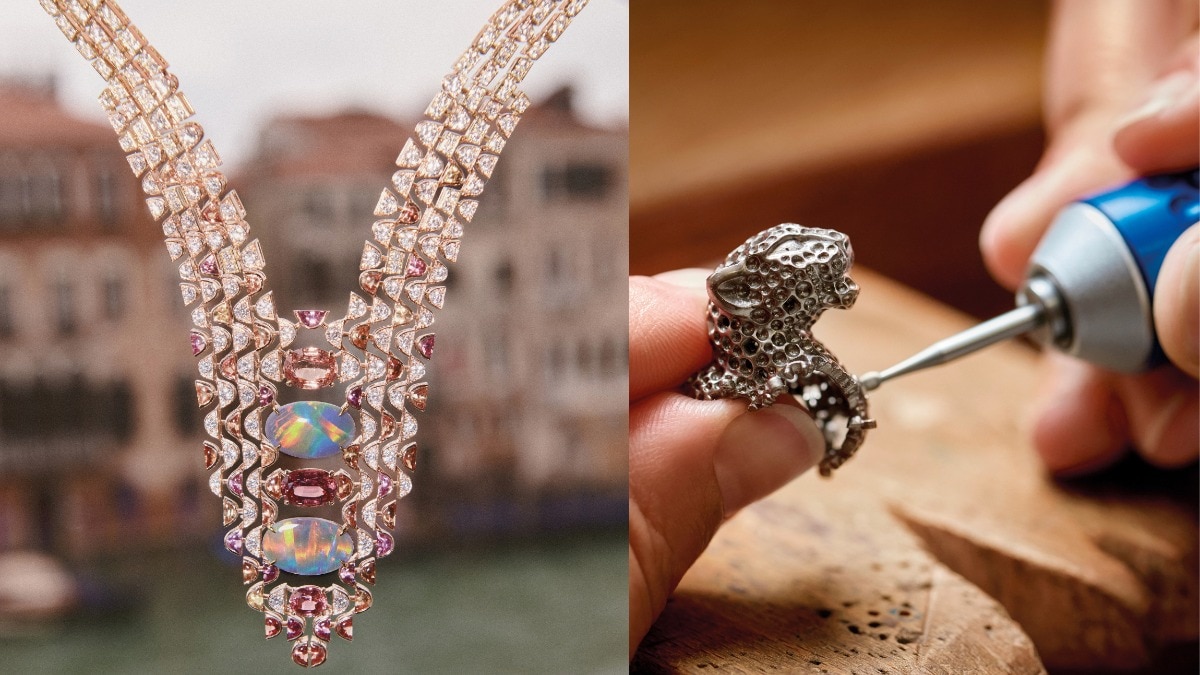How should parents react when their child comes out as gay
Appreciating your kid’s sexual orientation is a matter of great pride.


Loving, caring, angry, distant, parents can be a lot of things when their child comes to them to give them the news about a life event. With one always having the freedom to love who they want, without any judgement, it is a tricky situation for parents when their kid walks up to them and lets them know that they’re gay. With the key to any successful relationship being communication and with silence sometimes being louder than words, what to say and not to say in a situation and how to react is very well the making or the breaking of a parent-child relationship.
What parents should keep in mind?
There are certain things to be mindful of when it comes to reacting and responding. When a child talks to their parents about something, they look for three main things—love, acceptance, and understanding.
Acknowledge and validate the child’s feelings: Coming out or talking about any of these things takes a lot of courage from a child. They have gone through hell to decide and come to the point where they want their parents to know. It is important for parents to recognise their emotions and let their kid know that they appreciate their honesty. You should let them know that feelings are welcome and very important to you. It is your responsibility to create a non-judgemental safe space for them to come and express themselves.
Do not, and we can’t state this enough, be aghast or show disgust. Furthermore, do not exhibit any form of embarrassment, humiliation, or shame. It’s natural to be clueless and be taken back. But do realise that you don’t have to make the situation all about you.
Give time to process your own emotions about it: Parents can experience a lot when their kid gives them the news of them being attracted to the same sex. The first and most important thing to do at the start is to take a step back so that you approach the conversation with an open and willing mind. If you can’t process it, tell them that you need some time. You can deal with it better. Instead of reacting immediately, take a breather and let them know that you’re always there for them and will respond in a supportive way in some time.
Reflect on your own beliefs and biases: We grow up in a society where there are certain beliefs and biases that are shared by a lot of people. Understanding your attitude towards homosexuality is very important. Recognise that your child’s sexual orientation is a natural and valid aspect of who they are. So reflecting on your own international biases can ensure that you create a more supportive environment. Just because you believe in something doesn’t make it the ultimate truth.
Addressing any concerns that a parent might have is something that they need to express. Parents might understand but need not know what to say. You shouldn’t be telling them, ‘Stop being gay.’ Let’s not forget that there was conversion therapy back in the day when someone, who was gay, was forced and tortured to like people of the opposite sex. So parents might say things that they’ve seen around them. When we’re talking about sexual orientation, it’s a natural variation of human diversity and it doesn’t need to be changed and fixed. The idea of fixing comes to one’s mind when they think something’s broken, which is not the case here. Attempting to change your child’s orientation can be extremely harmful. It could also break the relationship between parent and child and be the start of long-standing trauma.
Respect your child’s privacy: Just because they came out to you (the parents) does not mean that they’re ready to come out in front of the whole world. The child could come out to their friends or siblings first with the parents knowing years later. If they told you, respect your child’s privacy as it is a personal journey for them. They may not be ready to share this information with people right away so respecting their space is important.
Do not question the timing: Talking is an attribute of comfort. So if a parent thinks about why didn’t their kid tell them earlier, they should probably ask themselves what were the things that took place that made them less approachable. It’s not something to be ashamed of, but to be celebrated because it helps you understand who you are and to embrace the child’s own identity, and explore their interests and passion.
Educate yourself: This is something parents should know regardless of what their child's sexual orientation is. Before passing judgment and saying what’s right and wrong, it’s necessary to understand things. This would enable open communication and ensure that they can provide better support to their young ones.
Parents could also speak to local LGBTQIA communities, and connect with other parents who have a kid that’s gay to understand and relate to what they went through to understand how to deal with the situation. Education is all around us, we just need to go there to find it. It gives one a lot of perspective. Being gay and choosing to like and love someone of the same sex is not an illness, but the way they’re born and are. Get counselling if it's a struggle to make peace with the news. That will help reflect on what’s happened and see things in a positive light.
Inputs by Sherene Aftab, founder of Serene Hour Counselling & Career Advice Consultancy, and Mehezabin Dordi, clinical psychologist, Sir H N Reliance Foundation Hospital, Mumbai










